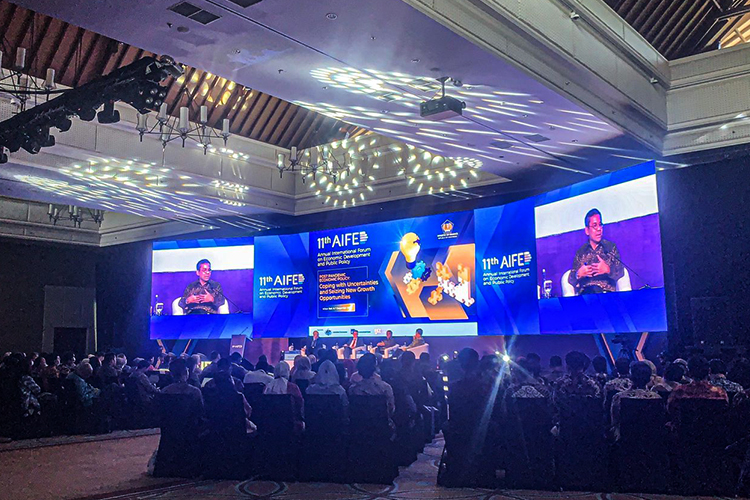Endüstri Haberleri
LED ekranlar hangi kontrol yöntemlerini destekler??
Şu anda, LED ekranlar can be installed in many application areas, such as indoor waiting halls, subway passages, underground shopping malls, airport ticket changing halls, vb. Outdoor LED electronic screens are mainly advertising, often seen as advertisements hanging on walls and billboards on square columns. vb.
The different installation methods, locations, sizes, and content update frequencies of LED display screens will all affect the way they are controlled. Örneğin, if an LED display screen with a width of 5 meters and a height of 3 meters is updated once a month, there is no need to use a computer for synchronous control. Instead, the lowest priced and stable USB drive control scheme can be used. If the LED display screen is updated every three days, the USB drive+WiFi control scheme can be used. If it needs to be updated every day, it can only be directly connected to the network cable for synchronous control.
If the LED display screen is installed on an outdoor building, usually with a large area and high resolution, using a USB flash drive and WiFi solution is not feasible. The reason is that the video files played are large, the download speed is slow, and the WiFi signal is not as strong at a long distance. Moreover, the LED display screen installed outside the building will require a lot of effort from the staff, so direct network cable connection or fiber optic transmission method is required, This method is called synchronous control and requires the installation of a video processor and fiber optic transceiver, which will slightly increase the cost.
If an operator distributes many LED displays across the country and wants to achieve unified management by specialists, it must rely on 4G wireless network cluster control. This method is the most complex and requires the construction of a control platform. Each LED display screen needs to be equipped with a set of 4G receiving modules, and each screen code in each region needs to be distinguished in order to effectively control each screen one by one.
